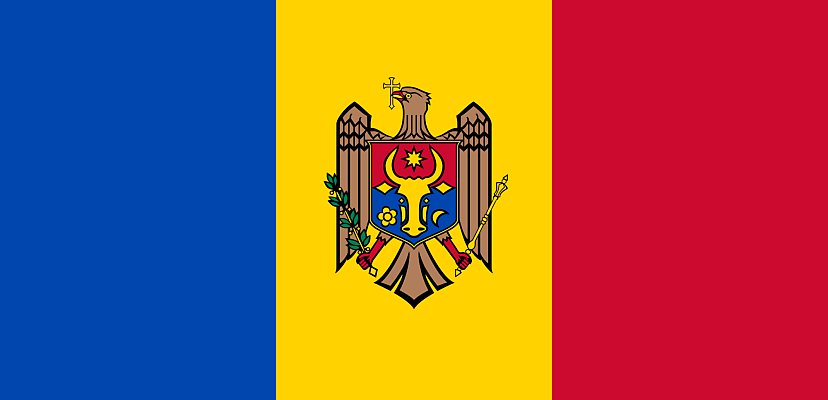Share this article on:
Powered by MOMENTUMMEDIA
Breaking news and updates daily.
The President of Moldova has called for support from the European Union, claiming Russia is already “waging hybrid war” against the former Soviet republic.

President Maia Sandu made the remarks at the Munich Security Conference, held over the weekend in Austria. Her comments come within a week of Moldova’s Prime Minister resigning over the turmoil in the country, including a wave of ever-increasing cyber attacks.
Moldova is a small nation with a population of just 2.6 million citizens. It shares a border with Ukraine to its east and has been struggling with the fallout from Russia’s illegal war in Ukraine since fighting began. Gas and energy supply has been a big issue, but the country has also faced the largest cyber attacks in its history.
“All of this is meant to destabilise the society and to use the difficult economic situation that we face because of Russia’s war in Ukraine to bring people into the streets and then to change the government, and to bring a pro-Russian government that it could use also against Ukraine,” Sandu told the conference, as reported by The Record.
A week before, Sandu talked with reporters about Russia’s ultimate goals.
“The plan for the next period involves actions with the involvement of diversionists with military training, camouflaged in civilian clothes, who will undertake violent actions, attack some state buildings, and even take hostages,” Sandu said.
Before she resigned, the previous prime minister also called out Russia’s alleged plans for the country.
“We are seeing elements of hybrid war. We are seeing, for example, pro-Russian forces trying to destabilise the country politically through paid protests which quickly subsided when the oligarchs that fled Moldova were put on the sanctions lists and their money flows were restricted,” Natalia Gavrilița said in an interview with Euronews.
“We are seeing cyber attacks. We’ve had the biggest cyber attacks in 2022 in the history of our country, and we are seeing bomb threats.”
So far, the bomb threats — which have largely come via email from Belarusian and Russian IP addresses — have been more of a nuisance, but with 148 threats against 885 state agencies leading up to just September last year, they are hard to ignore.
Pro-Russian hacktivist group Killnet has been active in the country, and distributed denial-of-service (DDoS) attacks have struck 80 Moldovan state networks. Private Telegram chats have been leaked, and thousands of phishing emails have targeted a range of state institutions.
“Because of the internal threats of the hybrid war, we need support to develop our strategic intelligence capabilities, to deal with cyber threats, we need support to modernise our border security and control, we need support for special intervention focus capabilities,” Sandu said on the weekend.
“This is a very big issue … it’s probably now the most damaging element for our society and our democracy.”

David Hollingworth has been writing about technology for over 20 years, and has worked for a range of print and online titles in his career. He is enjoying getting to grips with cyber security, especially when it lets him talk about Lego.
Be the first to hear the latest developments in the cyber industry.